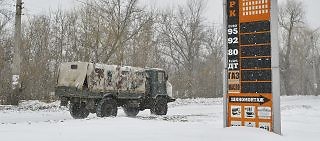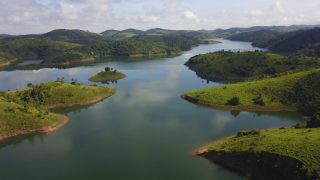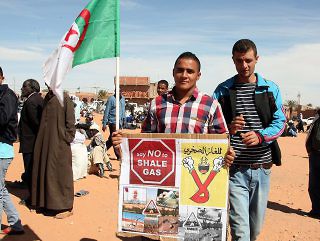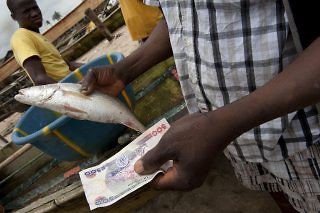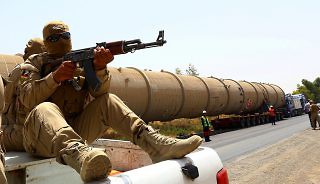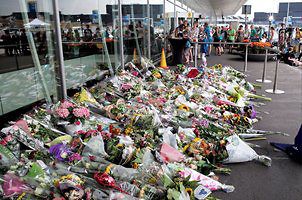The European Union is capable of decreasing its dependence on Russia, but also of weakening the Kremlin’s ability to wield energy as a weapon to achieve greater geopolitical influence and facilitate warfare. But to do this, the EU, at great cost, must withstand Russia’s energy blackmailing.
Tag: resources
-
-
As the risk of Russia’s invasion of Ukraine persists, the threat of another kind of war—a gas war—is just as worrisome to many, especially in Europe and the United States.
-
Danilo Türk and Sundeep Waslekar explain the complexities of cooperation over water and the lessons that can be drawn from existing agreements.
-
A 1986 oil price shock necessitated austerity measures including severe cuts to core subsidies for health, education, and housing, which hit the lower and middle classes hard and contributed to a popular and bloody uprising in October 1988.
-
Historically low oil prices present a challenge to a country that derives more than 70% of revenue from oil, but there could also be an opportunity for Nigeria to achieve its long-sought and much-needed economic diversification.
-
Oil production and known oil reserves are central factors motivating third-party military interventions in ongoing civil wars, recent research shows.
-
As Ukraine searches for a unifying national identity, Russian-sponsored statebuilding in the east could lead to an emboldened ‘Novorossiya’ project.
-
With violence on the rise, Libya’s road to democracy and statehood needs better political dialogue, stronger institutions, and a stronger UN mandate.
-
Besides being a horrific human tragedy, the downing of Malaysia Airlines Flight MH17 risks becoming the accelerator of today’s deteriorating geopolitical relations between Russia and the West.
-
A mixture of shared energy and security interests may lead Israel and Turkey to re-establish normal bilateral ties, though some challenges still remain.

